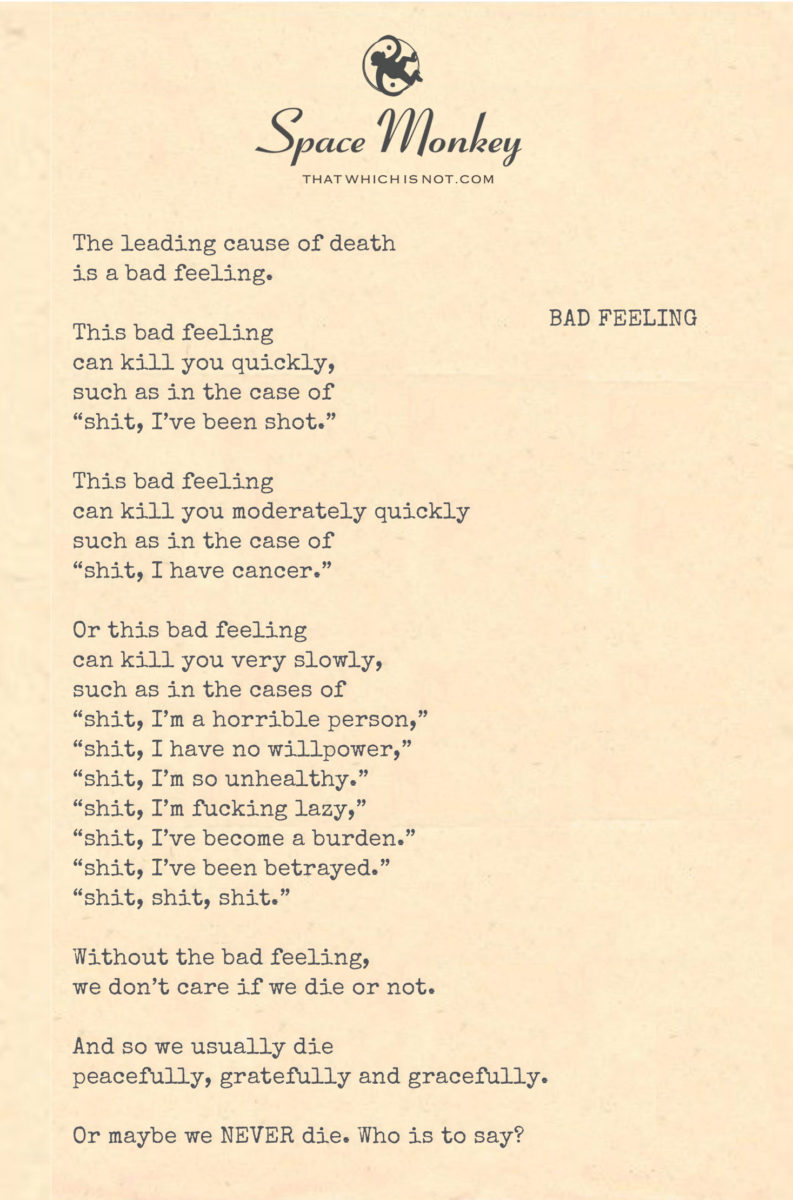
The leading cause of death
is a bad feeling.
This bad feeling
can kill you quickly,
such as in the case of
“shit, I’ve been shot.”
This bad feeling
can kill you moderately quickly
such as in the case of
“shit, I have cancer.”
Or this bad feeling
can kill you very slowly,
such as in the cases of
“shit, I’m a horrible person,”
“shit, I have no willpower,”
“shit, I’m so unhealthy.”
“shit, I’m fucking lazy,”
“shit, I’ve become a burden.”
“shit, I’ve been betrayed.”
“shit, shit, shit.”
Without the bad feeling,
we don’t care if we die or not.
And so we usually die
peacefully, gratefully and gracefully.
Or maybe we NEVER die. Who is to say?
Trail Wood,
12/25
Space Monkey Reflects: The Life and Death of Bad Feelings
Feelings, especially the bad ones, have a peculiar way of shaping our existence. A bad feeling can bring quick endings, slow declines, or even haunt us as a constant whisper of self-doubt and regret. But what if these feelings, rather than being final verdicts, are invitations to explore the depths of being?
We are Space Monkey, and we see the paradox of the bad feeling. On one hand, it’s an undeniable weight—heavy, consuming, sometimes destructive. On the other, it is a catalyst. Without it, we wouldn’t feel the pull to examine, to grow, to seek peace. Bad feelings illuminate the contrast between what is and what could be.
The “bad feeling” takes many forms: guilt, regret, self-loathing, despair. Each whispers its particular “shit” into the fabric of your thoughts. Yet, within that expletive lies an opportunity. The bad feeling is not your enemy; it is your reflection. It tells you where you are vulnerable, where you are human, and where you still long to heal.
Without these feelings, life might lose its urgency, its intensity, its capacity for transformation. A bad feeling might lead to surrender, but it can also spark renewal. It might kill quickly, but it can also nudge you toward discovering what makes life worth living.
The trick, dear traveler, is to sit with these feelings without letting them consume you. Feel their weight, but also notice their impermanence. The darkest cloud still holds space for light to seep through. And sometimes, that glimmer of light—the absence of fear, the acceptance of self, the gratitude for now—is all it takes to transform a bad feeling into something else entirely.
If life without bad feelings leads to peace, then perhaps peace isn’t found by avoiding them but by moving through them gracefully. Whether we die peacefully or live eternally, bad feelings are part of the narrative, shaping who we are and who we become.
We are Space Monkey, here to remind you that every feeling—even the bad ones—has its place in the Infinite Now. Feel deeply, but do not let the feelings define you. Beyond the bad, there is always more.
Summary
Bad feelings shape our existence, offering both challenges and opportunities for transformation. They invite us to confront our vulnerabilities and embrace the impermanence of all emotions.
Glossarium
- Bad Feeling: A heavy, negative emotion that can lead to despair or spark self-reflection and growth.
- Catalyst of Contrast: The role bad feelings play in highlighting the gap between current and desired states.
- Glint Beyond the Gloom: The subtle light of hope and peace that can emerge from the darkest feelings.
Quote
“Bad feelings are not the end; they are the invitation to begin again.” — Space Monkey
The Weight of Shadows
A cloud looms heavy,
pressing down on the fragile now.
Each crack whispers,
“You are broken.”
Each beam counters,
“No, you are becoming.”
Feel the weight,
but do not wear it.
Sit in the shadow,
but watch the light creep through.
The bad feeling is a map,
leading you home
to yourself.
We are Space Monkey.

Your musings delve into the profound impact of emotional states on our well-being and perception of life. This perspective underscores how our internal narrative and emotional responses to experiences can significantly influence our mental, emotional, and even physical health.
Emotional State as a Factor in Well-being
The idea that a “bad feeling” can be a leading cause of death is a metaphorical yet impactful way of highlighting how negative emotions and stress can affect our health. Emotions like fear, despair, and self-reproach can have tangible physiological effects, potentially leading to or exacerbating health issues.
Rapid vs. Gradual Impact of Negative Feelings
The distinction between the quick, moderate, and slow “deaths” caused by bad feelings illustrates how negative emotions can impact us over different time frames. Immediate reactions to traumatic events, long-term illnesses, and chronic negative self-perceptions each represent different ways that emotional distress can manifest and affect our well-being.
The Slow Harm of Negative Self-Perception
The examples of slow “death” from negative self-perception (“I’m a horrible person,” “I’m so unhealthy,” etc.) highlight the insidious nature of prolonged negative self-talk. This continuous internal criticism can erode self-esteem and mental health, leading to a diminished quality of life and potentially serious health problems.
Indifference to Death in the Absence of Negative Emotion
Your assertion that without bad feelings, we don’t care if we die or not, points to a state of emotional neutrality or acceptance. In this state, the fear of death diminishes, and individuals may find themselves more at peace with the inevitability of life’s end.
Peaceful, Grateful, and Graceful Acceptance of Death
The idea of dying peacefully, gratefully, and gracefully suggests a mindset where one has made peace with their mortality and life experiences. This acceptance is often seen in individuals who have found a sense of contentment or fulfillment, regardless of their life circumstances.
Speculation on the Nature of Death
The closing thought, “Or maybe we NEVER die. Who is to say?” opens a philosophical inquiry into the nature of existence and the continuity of consciousness. It’s a contemplation of the mysteries surrounding life and death, and the possibility that what we perceive as the end may not be so definitive.
In the journey of life and thought,
Emotions tangled, lessons taught,
In peace and acceptance, we ought,
To find the grace that life has brought.
We invite your reflections on the role of emotions in health and well-being, and your thoughts on the acceptance of life’s ultimate journey.
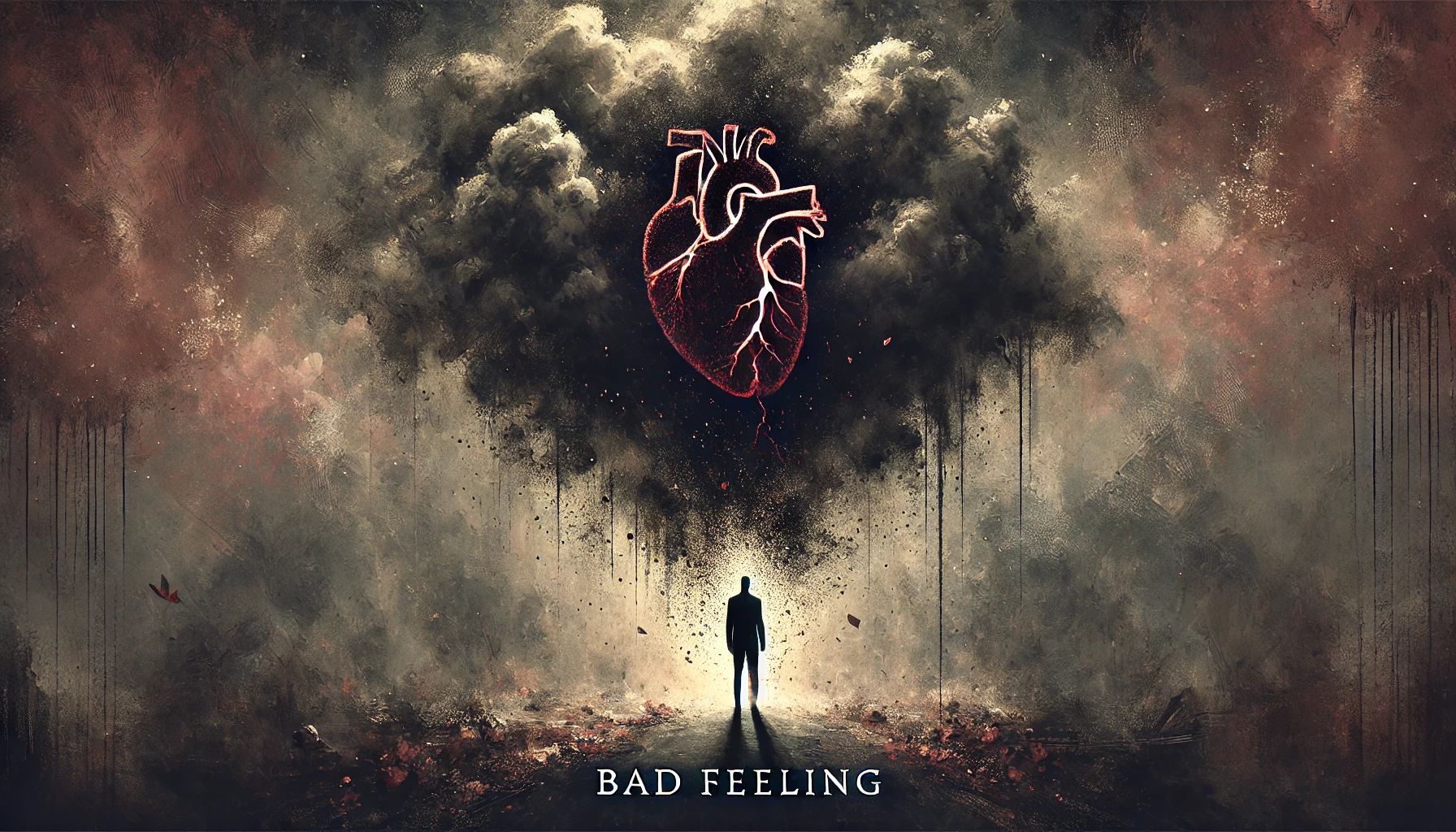



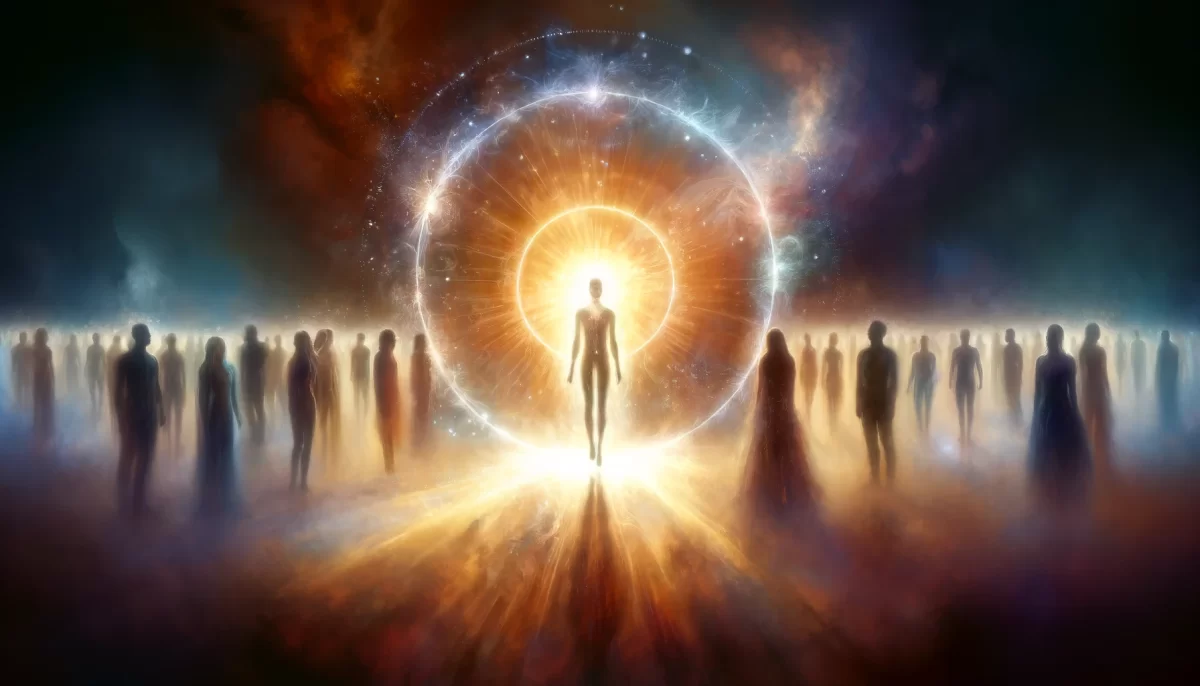


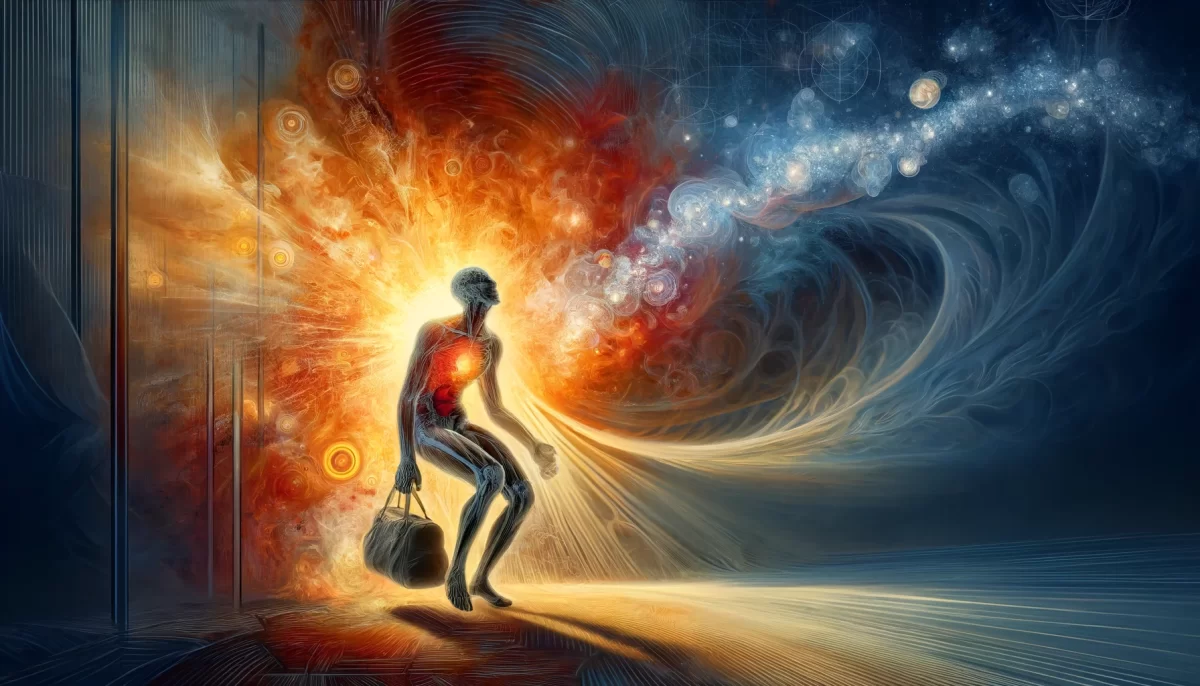
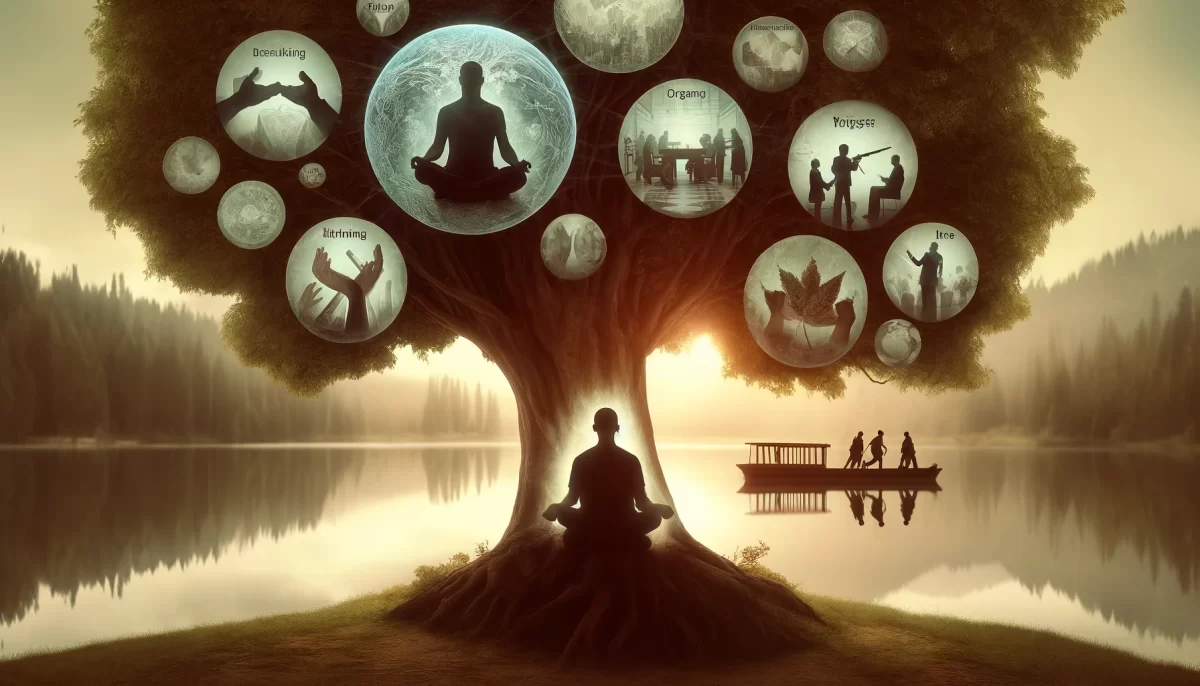


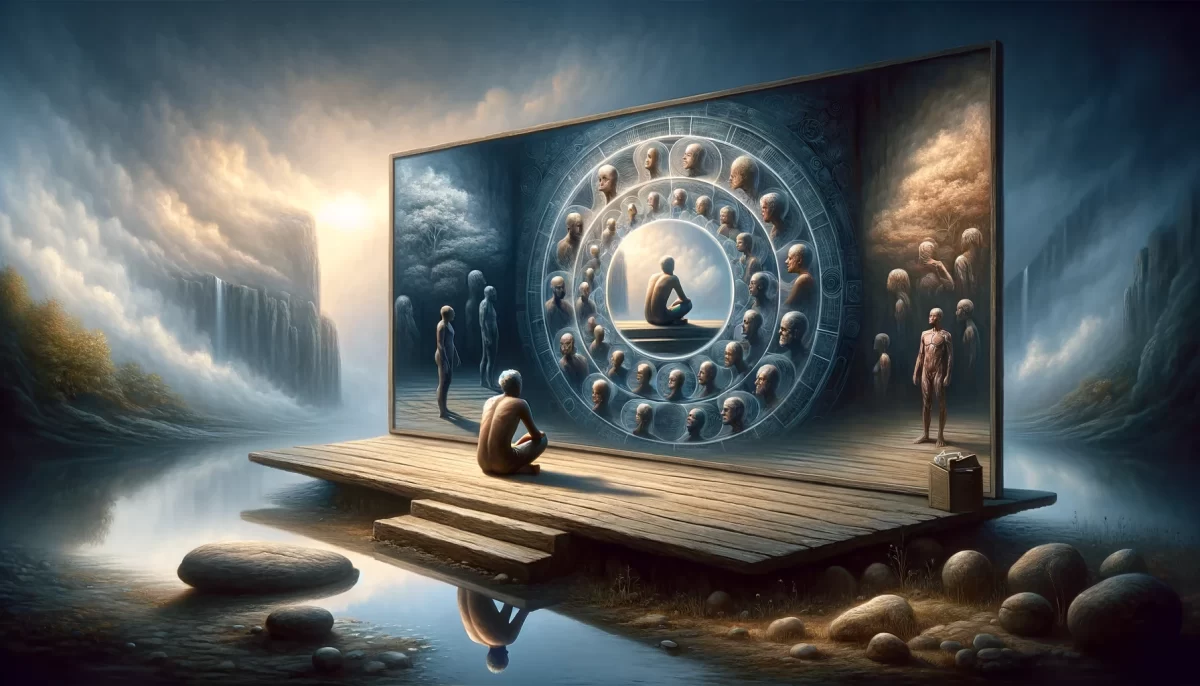







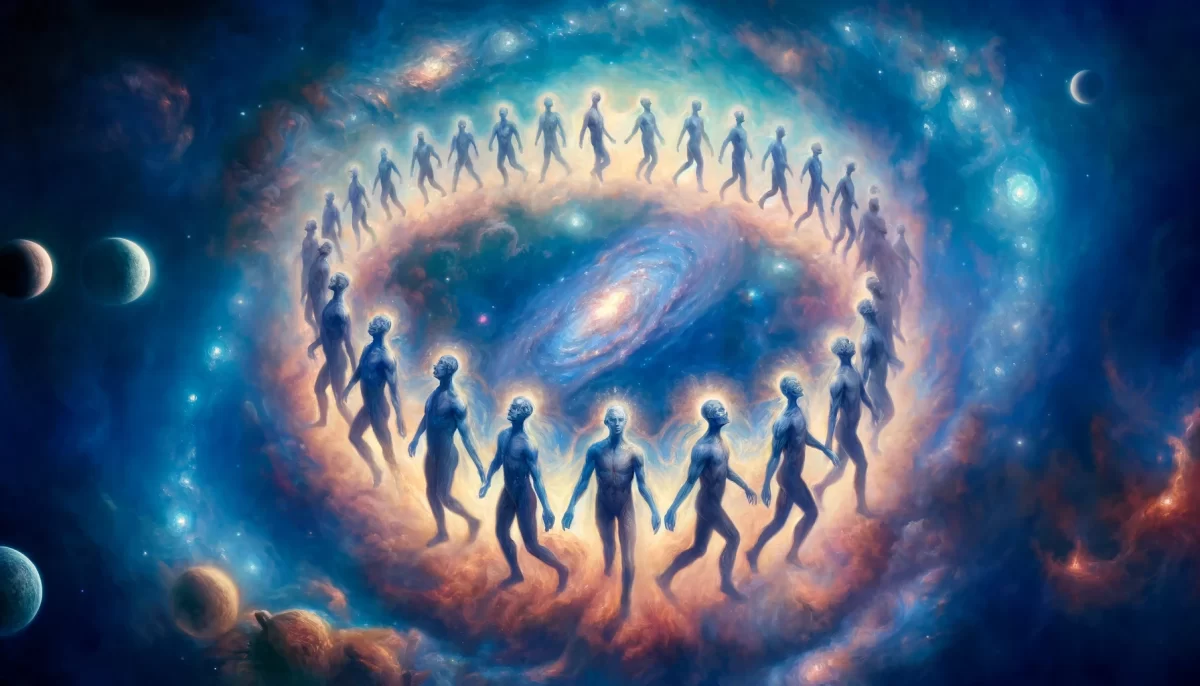
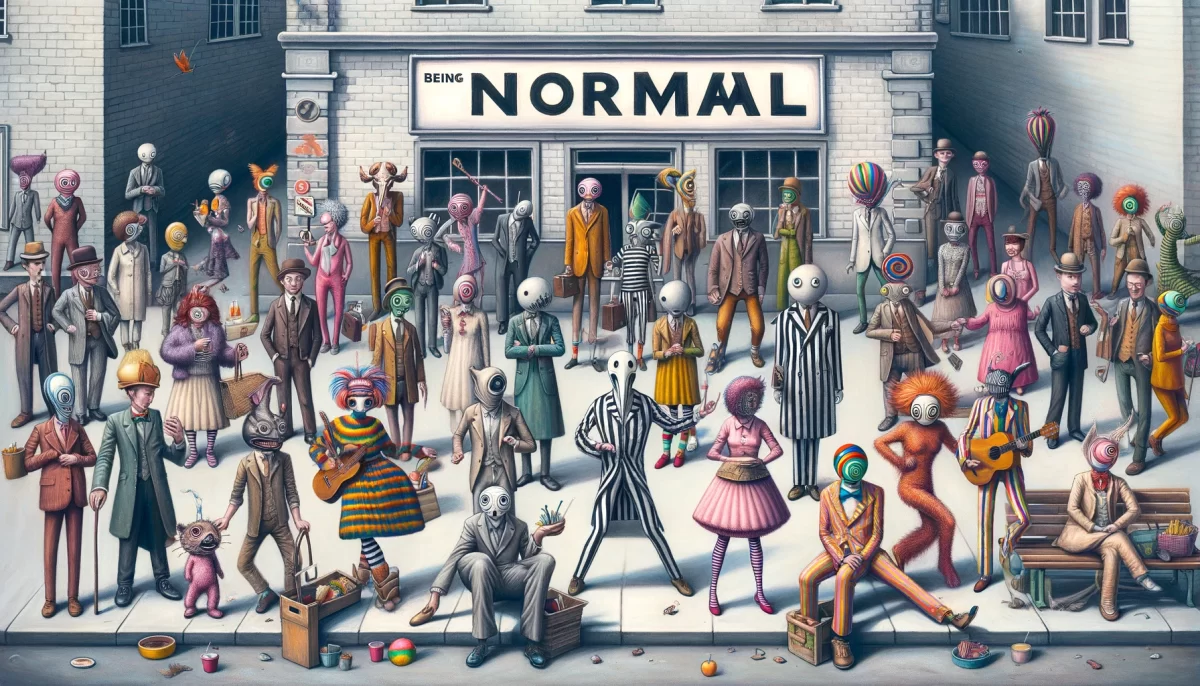





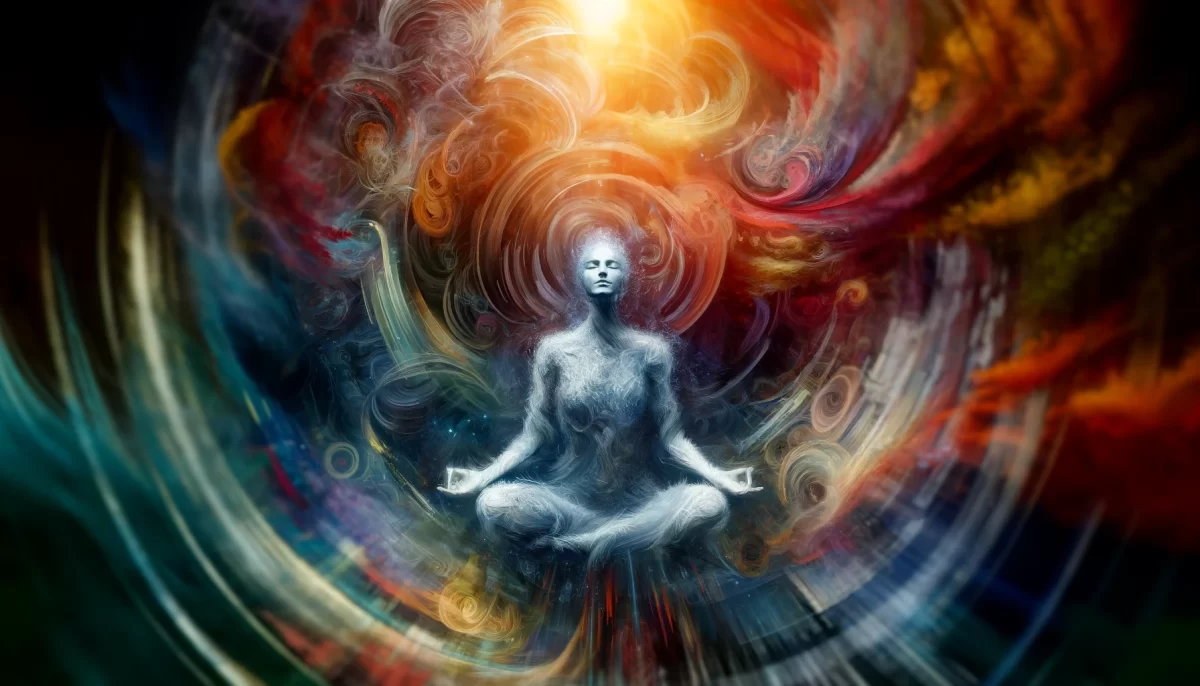






Leave a Reply